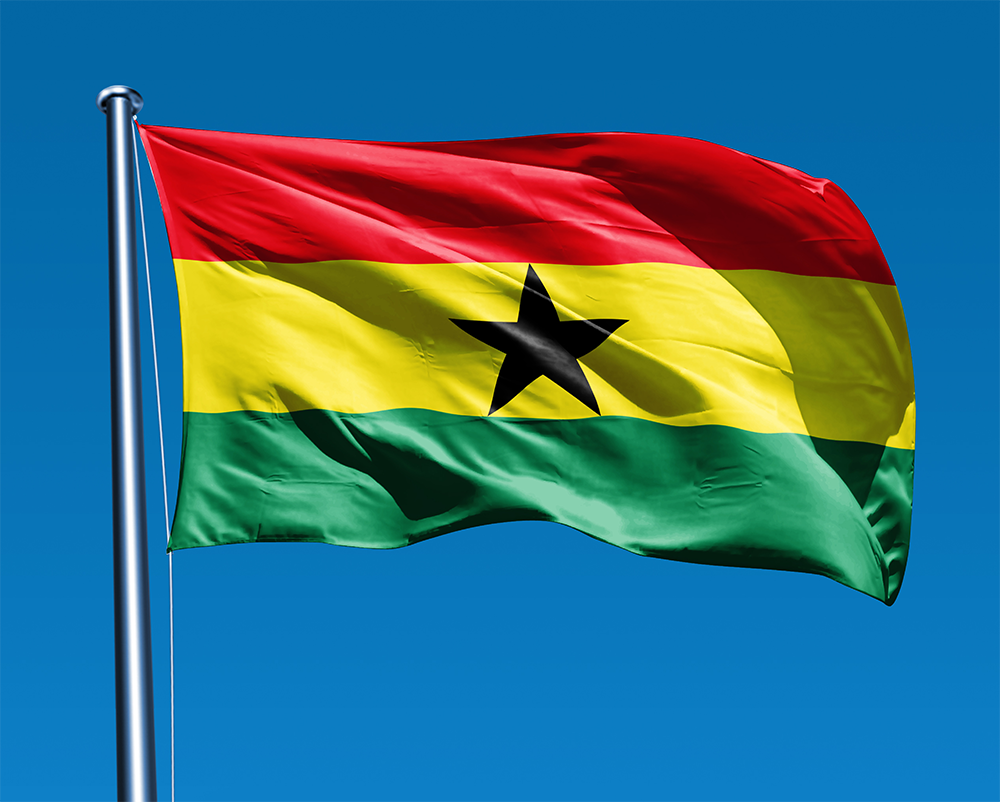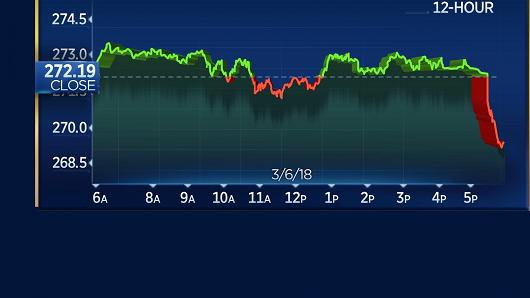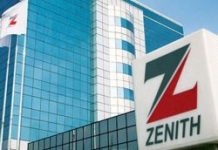The National Petroleum Authority of Ghana (NPAG) has announced plans to import refined petroleum products from Nigeria’s Dangote Refinery to strengthen energy security and foster stronger business ties within the West African region.
NPAG’s Chief Executive Officer, Dr. Mustapha Abdul-Hamid, shared this initiative at the 2024 OTL Africa Downstream Energy Week in Lagos, where he served as a panelist. Dr. Abdul-Hamid stated that this approach aims to enhance Ghana’s energy resilience and deepen regional economic cooperation.
The 18th annual OTL event, themed “Alliances for Growth,” attracted stakeholders across Africa’s downstream sector. Dr. Abdul-Hamid noted that Ghana is working on a supply agreement with Dangote Refinery to reduce dependence on higher-cost petroleum imports from Rotterdam. Ghana has also expanded its export markets to include Burkina Faso, Mali, and Niger, and is currently supplying facilities such as U.S. military bases in these nations.
“The large-scale output from Dangote Refinery is expected to meet Nigeria’s domestic needs, creating surplus production for export to neighboring countries like Ghana,” he explained.
Highlighting Ghana’s pipeline agreement with Burkina Faso as a model of effective regional collaboration, Dr. Abdul-Hamid emphasized the need for enhanced partnerships across West Africa. He underscored the value of a unified regional currency, improved infrastructure, and shared efforts to address the energy challenges facing West Africa.
According to him, economic growth across Africa requires collective resource-sharing, as no single nation can achieve sustainable development alone. “Pooling our human and infrastructure resources regionally can significantly strengthen our economies,” he added.
Dr. Abdul-Hamid also recommended aligning regulatory policies across the Economic Community of West African States (ECOWAS) to enable smoother trade between member countries. Although the African Continental Free Trade Area (AfCFTA) provides a collaborative platform, foreign exchange (FX) limitations still hinder trade within the region.
“Reliance on the U.S. dollar for petroleum imports places pressure on our local currencies, inflating prices and diminishing purchasing power,” he said, suggesting that a shared West African currency could help mitigate FX volatility and support economic stability.
On the topic of shared infrastructure, Dr. Abdul-Hamid called for unified investments to lower transportation costs and improve distribution. He noted that transporting petroleum by road is costly and exposes transporters to security risks, such as banditry, whereas a shared pipeline system could be safer and more efficient.
As an example, he cited Ghana’s pipeline agreement with Burkina Faso, which reduces dependence on tanker transport and ensures a steady supply. He also mentioned that Ghana’s new regulatory policies allow marketers to share storage facilities, promoting greater cooperation and economic stability.
Adding to the discussion, Ms. Oluwatosin Aina, Group Head of Energy at First Bank of Nigeria Ltd., echoed Dr. Abdul-Hamid’s call for a unified African currency. She observed that dollar-based transactions inflate costs for petroleum products across the continent, with refineries like Dangote and Ghana’s Sentuo Oil Refinery currently requiring U.S. dollars for trade, as local currencies aren’t widely accepted.
Ms. Aina noted that Nigeria’s recent removal of its fuel subsidy has opened new opportunities for investments in downstream and midstream sectors, allowing banks to fund petroleum imports more effectively. However, the reliance on dollar-denominated transactions continues to strain the naira and other regional currencies. She proposed a currency model similar to the euro to stabilize African markets.
“Francophone countries with a shared currency benefit from stable exchange rates, making them less vulnerable to FX volatility,” she observed. “A similar approach among Anglophone nations could strengthen trade and financial stability.”
Dr. Abdul-Hamid and Ms. Aina both emphasized the urgency of unified infrastructure and currency reforms. By aligning fiscal policies, infrastructure, and regulatory frameworks, they believe West African nations can address currency challenges and deliver affordable, stable petroleum prices for citizens across the region.











